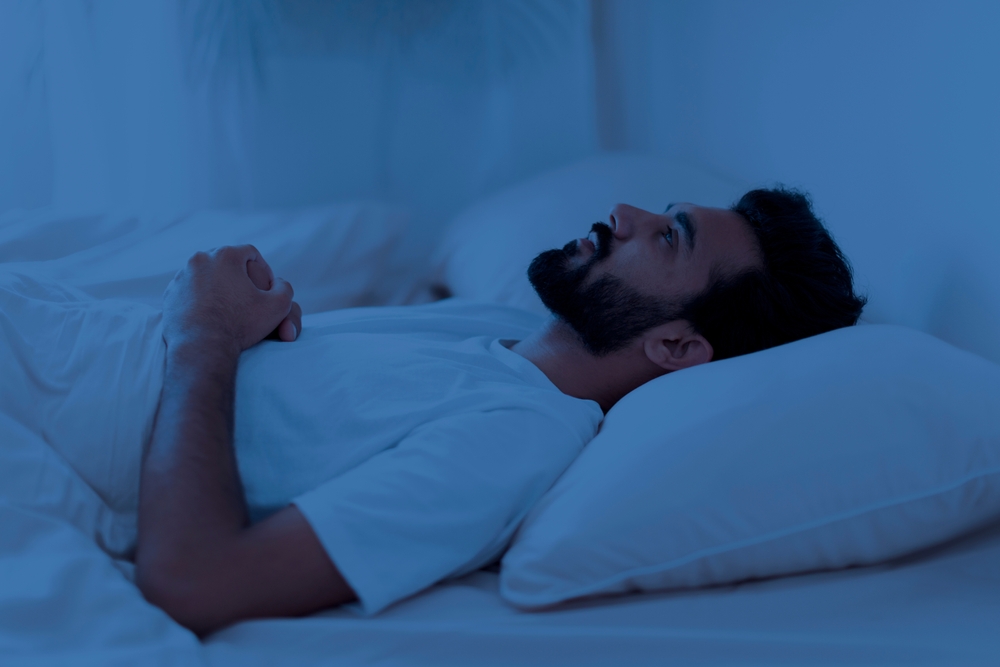Let’s set the scene: you’re lying in bed at night trying to relax after a long, exhausting day. Your eyelids are getting heavy and you know that sleep is right around the corner. Then you hear it: a ringing sound in your ears. You know it’s nothing in your bedroom because the TV, radio, and phone have all been turned off. No, this sound is coming from inside your ears and you don’t know how to make it stop.
This condition makes you hear ringing, buzzing, and whooshing sounds, among others, inside your ears. The majority of people suffering from tinnitus consider it a mere annoyance; it comes and goes but doesn’t really affect their day-to-day lives. For others, however, tinnitus can be debilitating and cause them to lose sleep and have difficulty engaging in work and recreational activities.
What’s the main cause of tinnitus?
Tinnitus is still a bit of a mystery, but experts have narrowed down a few causes for this condition. It’s most prevalent in people who have damaged hearing, as well as people who have heart conditions. It’s believed that tinnitus occurs due to restricted blood flow around the ears, which makes the heart pump blood harder in order for it to get where it needs to go. People who have iron-deficiency anemia often experience tinnitus symptoms since their blood cells do not carry enough oxygen throughout their body, which again makes the heart work overtime to get oxygen and other nutrients where they need to go.
Tinnitus also occurs as a symptom of other conditions, such as Ménière’s disease, ear infections, and ear canal blockages. All of these conditions affect the hearing and lead to situations where tinnitus becomes more prevalent. In other cases, there may not be an easily discernible cause of tinnitus, which can make treatment difficult – but not impossible.
What treatments are available for tinnitus?
There are several treatments available to help stop the ringing in your ears, all dependent on the root cause of your tinnitus. One important thing to note, however, is that there is currently no known cure for tinnitus. In spite of this fact, there’s still a good chance that your tinnitus will get better or even disappear altogether because of these treatments.
Studies have shown that hearing aids help mask tinnitus in people who suffer from hearing loss, while a change in diet to include more foods with iron, such as red meat, beans, and leafy greens, has helped people with iron deficiency anemia to get rid of the ringing in their ears.
A visit to a hearing specialist will help discover the reason for the ringing in your ears, while also giving them the opportunity to help. Ear wax blockages can be removed completely through a very simple procedure.
If masking the noise doesn’t help, cognitive-behavioral therapy (CBT) has been proven to help people live with the ringing in their ears that does not disappear with other treatments. This type of mental health therapy helps patients change their negative thoughts about tinnitus into more positive, realistic thoughts that help them function normally on a day to day basis.
Are you tired of hearing the ringing in your ears? Contact a hearing specialist near you and schedule a consultation to get your hearing tested and find out what treatments are available to you.



